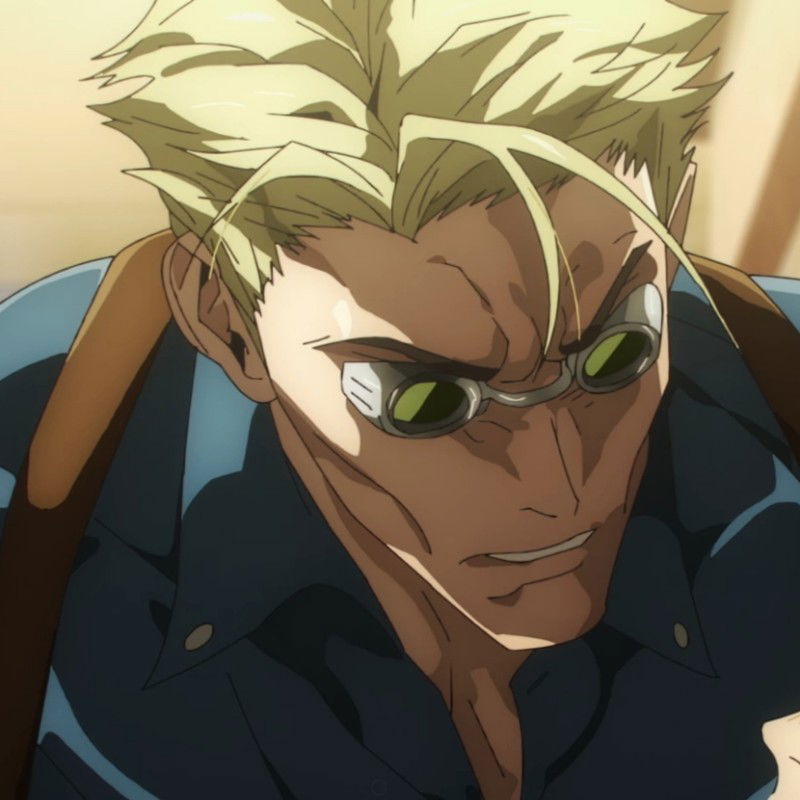Animated male characters often embody recognizable archetypes, drawing from established narrative traditions. These archetypes provide a foundation for their personalities, allowing for both familiarity and the potential for subversion.
The Hero
The heroic archetype is perhaps the most prevalent. These characters are typically driven by a strong moral compass, a desire to protect others, and a willingness to face overwhelming odds. Think of characters like He-Man from Masters of the Universe, whose sheer strength and commitment to justice made him a 1980s icon. His transformation into a powerful warrior symbolized the triumph of good over evil, a timeless theme that resonates deeply.
Another prime example is Superman, whose animated iterations across various series have consistently portrayed him as the ultimate symbol of hope and integrity. His alien origins and his conscious choice to champion humanity highlight themes of belonging and responsibility. The animated Batman also fits this mold, albeit with a darker, more complex edge. His dedication to justice, fueled by personal tragedy, showcases a different facet of heroism – one that grapples with trauma and vengeance.
These heroes often possess extraordinary abilities, but their true strength lies in their character. They face internal struggles, doubts, and temptations, making them relatable despite their superhuman feats. Their journeys are often about self-discovery and learning to harness their power responsibly.
The Everyman
In contrast to the larger-than-life heroes, the "everyman" character offers a more grounded perspective. These characters are often relatable because they share common struggles, insecurities, and aspirations. Homer Simpson from The Simpsons is a quintessential everyman, albeit an exaggerated one. His flaws, his love for his family, and his often misguided attempts at success make him incredibly human and, for many, deeply familiar.
SpongeBob SquarePants also embodies a certain everyman quality, despite his underwater existence. His boundless optimism, his dedication to his job at the Krusty Krab, and his unwavering loyalty to his friends make him a beloved figure. His childlike wonder and his ability to find joy in the mundane are qualities many viewers aspire to.
These characters remind us that heroism isn't always about grand gestures; it can be found in everyday perseverance, in maintaining a positive outlook, and in the simple act of showing up for those we care about. They often serve as comedic relief, but their underlying sincerity provides a crucial emotional anchor for their respective shows.
The Anti-Hero and the Complex Character
The evolution of animated storytelling has also given rise to more complex male characters, including anti-heroes who operate in shades of gray. Rick Sanchez from Rick and Morty is a prime example of a brilliant but deeply flawed anti-hero. His nihilistic worldview, his alcoholism, and his often-cruel pragmatism are juxtaposed with moments of genuine, albeit twisted, affection for his grandson, Morty. Rick challenges conventional notions of heroism, forcing viewers to question their own moral frameworks.
Characters like Bojack Horseman delve even deeper into the complexities of the human psyche. Bojack's struggles with addiction, depression, and his inability to escape his past make him a profoundly tragic figure. His journey is a raw and unflinching exploration of self-destruction and the search for redemption, proving that animation can tackle mature and emotionally resonant themes.
These characters are compelling because they are not easily categorized. They make mistakes, they hurt people, and they often grapple with their own demons. Their imperfections make them feel more real and their occasional triumphs more meaningful.

